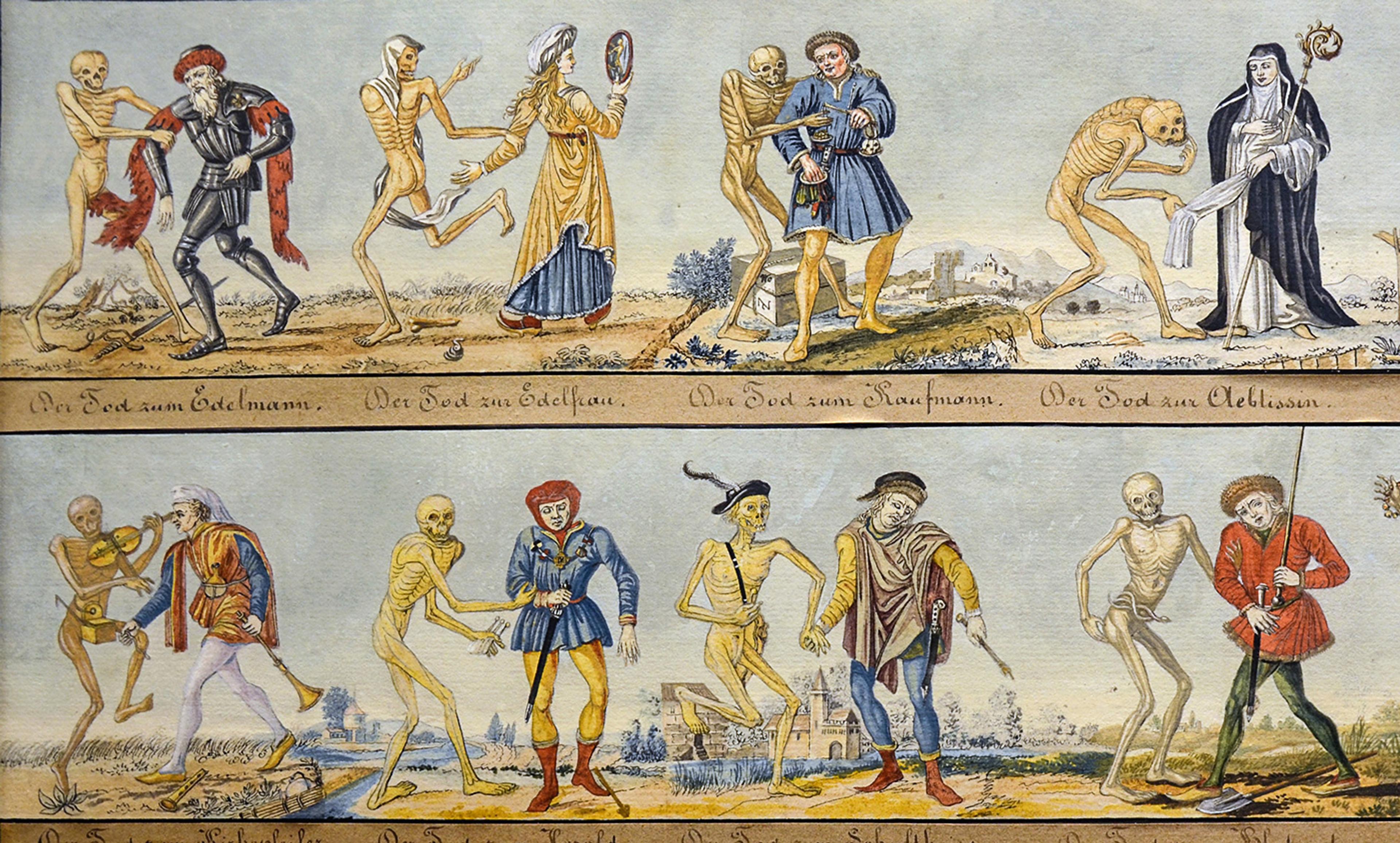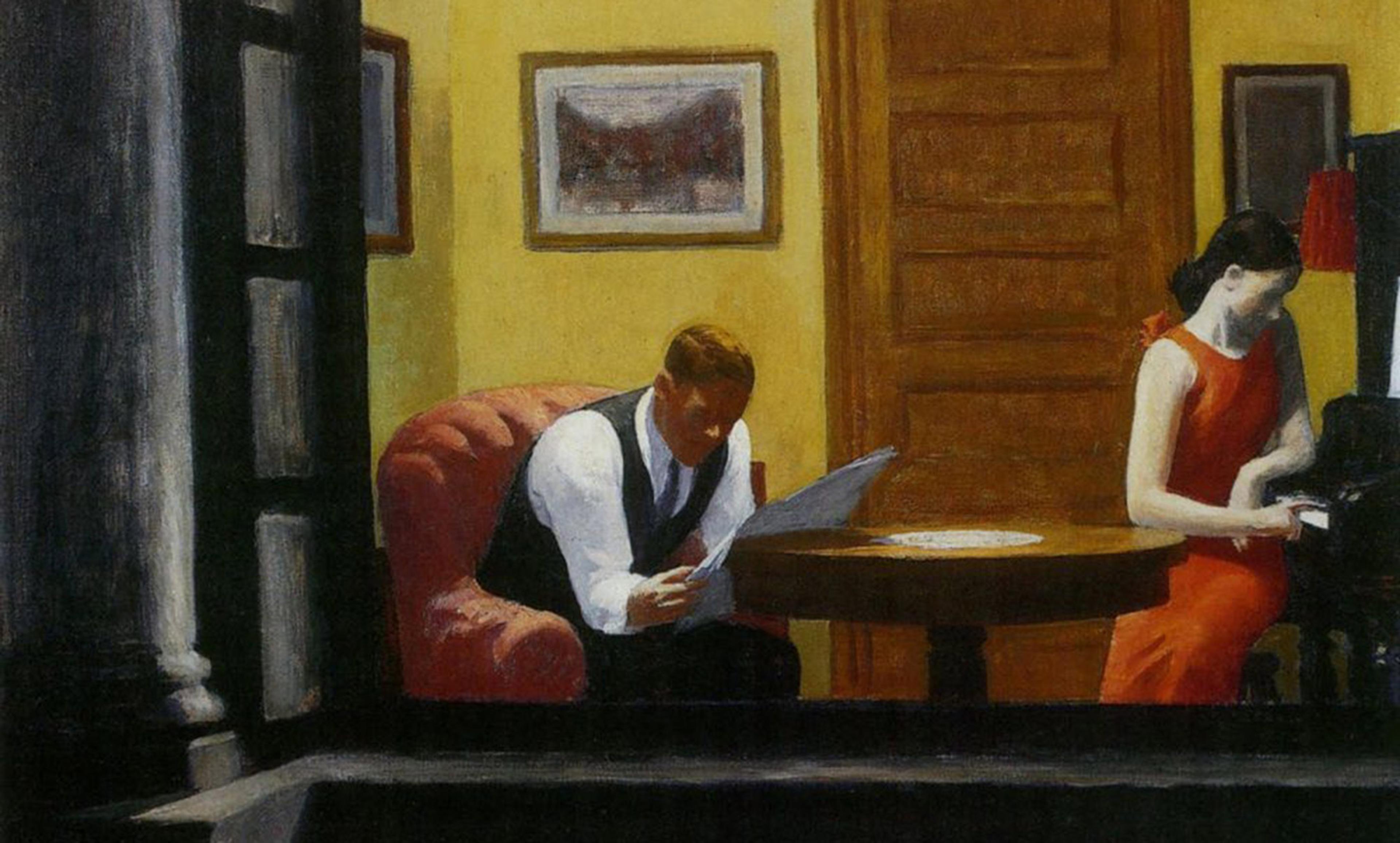
Photo by Kelly Sikema/Unsplash
‘The whole problem with the world is that fools and fanatics are always so certain of themselves, and wiser people so full of doubts.’ This phenomenon – observed in the 1930s by the English philosopher Bertrand Russell – has a technical name, the Dunning-Krüger effect. It refers to the tendency for the worst performers to overestimate their performance, whereas the top performers underestimate their own. The Dunning-Krüger paradox has been found in academic and business settings, but what about in the context of psychotherapy? Is it better to have a confident therapist or one with self-doubt?
Unfortunately, psychotherapists’ self-assessment is biased, too. When asked to rate their own performances in delivering psychotherapy, therapists tend to overestimate themselves. What’s more, in one study, overconfidence was more typical of those therapists who were rated to be less competent by an independent expert rater. In contrast, other studies have found that it’s the therapists who rate themselves more negatively who are typically judged the most competent by independent experts.
Inspired by these findings, a recent German study compared therapists’ estimations of their clients’ progress with their clients’ actual improvement in therapy. The findings provide the most convincing evidence of humility as a therapeutic virtue to date. The more modest or conservative a therapist’s estimation of their clients’ progress (relative to their clients’ actual improvement), the more their clients’ symptoms had reduced and their quality of life had increased.
Such findings help to explain the outcome of a series of naturalistic psychotherapy studies that my colleagues and I conducted recently, in which we assessed the contribution of a variety of therapist variables to therapy outcomes. One particular finding stood out: those therapists with higher scores on professional self-doubt (for instance, they lacked confidence that they might have beneficial effects on clients, and felt unsure how best to deal effectively with a client) tended to receive more positive ratings from their clients in terms of the therapeutic alliance (ie, the quality of the relationship between therapist and client) and the outcomes of therapy. This finding surprised us at first. We believed that less – not more – doubt would be beneficial for the client. However, the result makes perfect sense in light of the earlier research showing the benefits of therapist humility.
The willingness to listen to the other is probably central in explaining why humility is beneficial. A humble attitude might also be necessary for therapists to be open to feedback about their client’s actual progress, rather than just assuming that all is going well, or indeed blaming the client for a lack of progress. Humility might also give therapists the willingness to self-correct when needed, and motivate them to engage in ‘deliberate practice’ (which is intended to improve skills based on careful monitoring of performance and provision of feedback). Referring to their own findings, as well as to research on ‘master therapists’ (therapists who have been nominated as especially competent by their peers), Michael Helge Rønnestad at the University of Oslo and Thomas Skovholt at the University of Minnesota – both experts on the development of psychotherapists – summed it up thus in their book, The Developing Practitioner: Growth and Stagnation of Therapists and Counsellors (2013): ‘Humility appears to be a characteristic of [therapeutic] experts across many studies.’
Further evidence for the importance of therapist humility comes from research into therapists’ ‘cultural humility’. To take a culturally humble approach means striving towards a curious, nonjudgmental and sensitive stance to what the clients’ cultural identity means to them (such as their ethnicity, religion, faith, sexual or gender orientation) and weaving this into the therapeutic work. There is a growing body of evidence linking cultural humility to therapeutic effectiveness, with clients who see their therapists as more culturally humble tending to achieve better outcomes.
Is humility a paradoxical component of expertise? Not really: an expert is first and foremost one who continues to learn – and this seems to apply as much to psychotherapists as it does to other professions. As Joshua Hook, a counselling psychologist at the University of North Texas and the co-author of Cultural Humility (2017), and his colleagues put it recently: ‘At face value, humility may appear to be the opposite of expertise, but we argue that humility is foundational [for achieving clinical excellence].’ Taken all together, the growing evidence for the benefits of therapist humility supports the early observation of the Danish philosopher Søren Kierkegaard, writing in 1859, that ‘all true helping begins with a humbling’.
However, therapist humility on its own is not sufficient for therapy to be effective. In our latest study, we assessed how much therapists treat themselves in a kind and forgiving manner in their personal lives (ie, report more ‘self-affiliation’) and their perceptions of themselves professionally. We anticipated that therapists’ level of personal self-affiliation would enhance the effect that professional self-doubt has on therapeutic change. Our hypothesis was supported: therapists who reported more self-doubt in their work alleviated client distress more if they also reported being kind to themselves outside of work (in contrast, therapists who scored low on self-doubt and high on self-affiliation contributed to the least change).
We interpreted this finding to imply that a benign self-critical stance in a therapist is beneficial, but that self-care and forgiveness without reflective self-criticism is not. The combination of self-affiliation and professional self-doubt seems to pave the way for an open, self-reflective attitude that allows psychotherapists to respect the complexity of their work, and, when needed, to correct the therapeutic course to help clients more effectively.
What does all this mean? At a time when people tend to think that their value is based on how confident they are and that they must ‘sell themselves’ in every situation, the finding that therapist humility is an underrated virtue and a paradoxical ingredient of expertise might be a relief. I’ve certainly found that the findings on the importance of humility resonate with therapists, many of whom have been skeptical of overly confident practitioners in therapy and other fields. Now we need to incorporate the message that humility is an important therapist quality into training and supervision. Part of this will involve a cultural change, so that qualified therapists can act as role-models of humility, to clients and to students, without fear of ‘losing face’ or authority.





